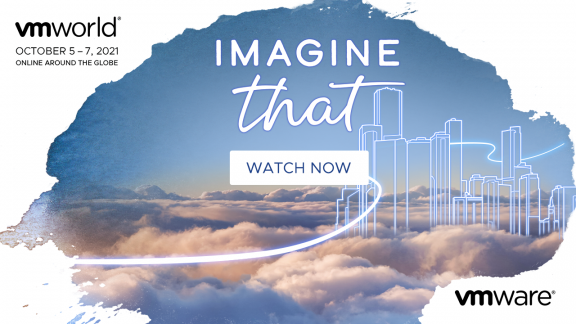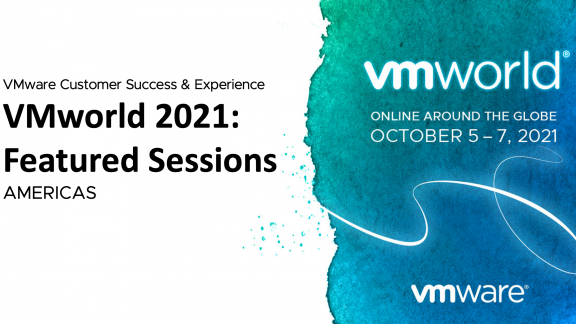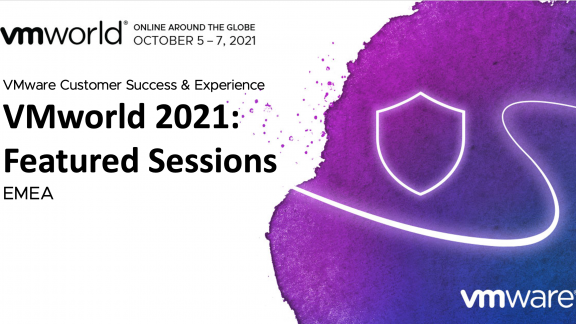Last Thursday, we hosted our inaugural #CloudOpsChat on “The Changing Role of the IT Admin.” Special thanks to everyone who participated for making it an informational and thought-provoking conversation. We also wanted to thank Nigel Kersten (@NigelKersten) and Andrea Mauro (@Andrea_Mauro) for co-hosting the chat with us.
We kick-started #CloudOpsChat with the question, “Is increasing automation and virtualization good or bad for your career?”
Our co-host @Andrea_Mauro was the first to answer, making the point that IT is always evolving and you can’t realistically stay static in knowledge and skills. @KurtMilne agreed with Andrea, adding that more standardization and automation will help to foster the Industrial IT era and move away from the “artisanal” IT era, which is good for IT careers. Co-host @NigelKersten emphasized that IT needs to automate or prepare to be in an evolutionary dead-end in ops roles, adding that the business demands of today are too great not to do so. @andrewsmhay echoed Nigel’s thoughts, saying that the increase in automation and virtualization is good, taking a “survival of the fittest” standpoint – IT needs to evolve or perish. @ckulchar added to both Kurt and Andrea’s points, noting that IT needs to shift the focus to enabling app teams to effectively use cloud and not just port existing apps. @jakerobinson also joined the conversation, saying that increasing automation and virtualization is necessary in order to balance IT cost with capability.
With the discussion in full swing, we took to our next question: “How exactly does increasing automation change your job?”
@NigelKersten stated that increasing automation changes many roles, not just IT operations. @KurtMilne chipped in as well, saying that an increase in automation frees up your time to work on things that really matter, providing more value to your business. @jakerobinson had a similar opinion, explaining that automation eliminates human error, which means less unplanned work that he would have to take care of at a later time. @randwacker added that automation also allows businesses to move faster and be more innovative, which is a key value of Infrastructure-as-a-Service and cloud. @lamw offered a great analogy in answering this question, saying that not automating your infrastructure is like ignoring the existence of the assembly line in manufacturing.
We then asked our audience, “Do you think abstraction and better tools decrease the need for deep expertise?”
@DuncanYB thought so, but also added that abstraction does not result in a decrease of deep expertise, as you still need to build a strong foundation. @randwacker agreed with Duncan, as long as the tools package expertise with it. @KurtMilne added that automation and abstraction will definitely reduce the need for everyone to read 2-inch thick manuals. He made a point to say that someone will still need to read the manual in order to set up the automation, but from there others will be able to use the automation without the reading. @wholmes noted that deep expertise is needed in the development lifecycle of a solution, regardless of abstraction or not. He added that abstractions lessen the need for deep expertise in the operational phase of a solution. Both @NigelKersten and @KurtMilne agreed with @wholmes, saying that automation pushes expertise earlier in the service lifecycle.
Next, we asked our participants, “Do you think today’s cloud administrators need programming skills?”
@randwacker answered yes – cloud admins do need programming skills, but that’s quickly getting packaged. @DuncanYB hoped that they would not need programming skills, as he thought scripting was already difficult enough as it is. @NigelKersten pointed out to Duncan that programming could be easier than scripting, as better tools and interfaces make it easier to use the work of others. @jakerobinson said that cloud admins definitely need software development skills – from consuming APIs, as well as understanding agile methods. @ckulchar agreed, and added if cloud admins don’t learn the fundamentals of development, developers will learn cloud admins’ skills, resulting in a need to differentiate themselves. @wholmes said he hoped that cloud admins wouldn’t be required to have programming skills, but it all depends on the cloud.
From there, we asked participants, “Is PowerCLI better than your average scripting language?”
Both @lamw and @wholmes had similar viewpoints, saying that it may or may not be better, but that it depends on the background, which our co-host @Andrea_Mauro agreed with. @lamw chipped in that you have to use the right tool for the right job, and that the key is: if there is an API, you can automate it using a variety of tools – an idea that both @virtualirfan and @jakerobinson supported.
Staying with tools we then asked: “What are the advantages of managing compute, storage and network resources from a single tool?”
Our co-host @Andrea_Mauro answered that one of the main advantages would be having complete control of all the resources. @NigelKersten added that network/storage configuration being attached to services allows for easier workload migration. @KurtMilne asked if it is reasonable to expect a single admin to effectively manage compute, storage and network, to which @wholmes said yes, but only to provision. If it were end-to-end, it would not be reasonable. However, @kix1979 said that in the current IT environment, no single tool can manage compute, storage and network resources.
We concluded our discussion by asking, “What do you think is the one skill all IT admins should learn this quarter?”
@lamw offered a short and sweet answer: Automation. @maishsk said that IT admins should learn Puppet/Chef, or even both. Co-host @Andrea_Mauro echoed William’s sentiment by saying that they should learn automation with good framework, which @wholmes and @KurtMilne agreed with. Both @kix1979 and @jakerobinson believed it would be important for IT to learn the business value and costs of running IT/services.
Thanks again to everybody who listened or participated in our #CloudOpsChat, and stay tuned details around our next #CloudOpsChat! Feel free to tweet us at @VMwareCloudOps with any questions or feedback, and join the conversation by using the #CloudOps and #SDDC hashtags.




